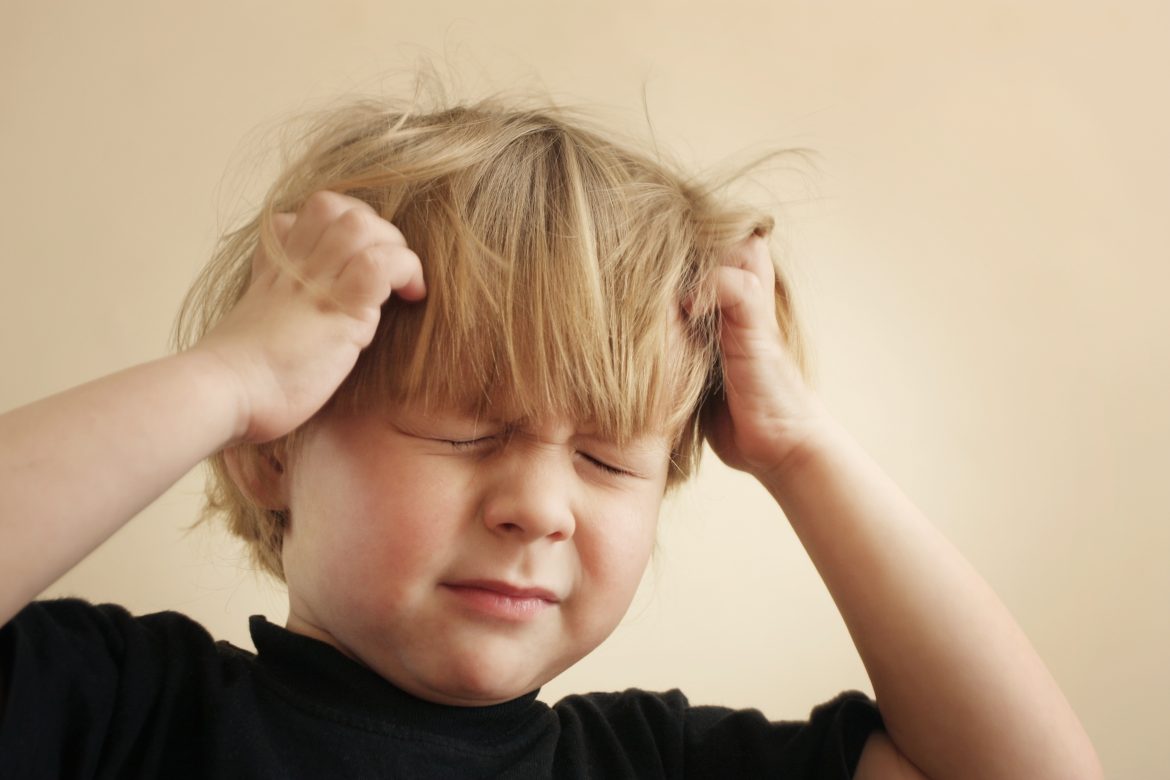For the first time ever, researchers have found that more teenagers are reporting migraine symptoms than ever before.
In a study of over 8,000 students aged 12 to 17 years old, the number of those reporting migraines has increased by 50%, with females twice as likely as males to experience them.
While the cause of this trend is unknown, it’s important for parents and doctors to be aware of the signs and symptoms of migraines in teens so they can get the necessary treatment.
Headache disorder
A migraine is a common, debilitating headache disorder characterized by recurrent attacks of moderate to severe pain. They often experience other symptoms during an attack, such as nausea, vomiting, and sensitivity to light and sound. Migraines can last for hours or even days and can be extremely disabling.
Migraine attacks are often treated with medication, but sometimes this isn’t enough. When migraine medication doesn’t work or isn’t tolerated, migraine cocktails can be an effective alternative.
The migraine cocktail infusion is a medication used to treat migraine headaches. It is a mixture of several different drugs, including:
- antiemetics to relieve nausea and vomiting
- pain relievers such as acetaminophen or ibuprofen
- triptans to relieve pain by narrowing blood vessels around the brain
- steroids to reduce inflammation
- magnesium to prevent migraine attacks
If you are suffering from migraine headaches, talk to your doctor about whether the migraine infusion might be right for you.
It is important to note that this treatment should only be used in severe cases, as it can have some side effects. However, for many people, the relief that it provides is worth the risks.
Causes of Migraines
Scientists have been trying to figure out the cause of migraines for years, but they just don’t know. It’s thought that genetics and environmental factors play a role in causing these painful headaches
Migraine is an inconvenience more than anything else because it can last up until three days with no relief. Some things that may trigger a migraine include:
- Stress
- Hormonal changes
- Certain foods or drinks
- Bright lights or loud noises
- Weather changes
- Sleep deprivation
How to Protect Against or Cope with a Migraine?
There is no sure way to prevent migraines, but there are some things that you can do to lower your chances of having one. These include:
- Managing stress with relaxation techniques such as yoga or meditation
- Avoiding triggers such as bright lights, loud noises, and strong smells
- Getting regular exercise
- Eating a healthy diet
- Getting enough sleep
If you do experience a migraine, there are some things that you can do to help ease the symptoms. These include:
- Taking over-the-counter pain relievers such as acetaminophen or ibuprofen
- Putting a cold pack on your forehead for 15 minutes at a time
- Taking a hot bath
- Drinking lots of fluids
- resting in a dark, quiet room
Migraine attacks can be so painful and having it can really put a damper in your day. But don’t worry, by following the tips above you can try to prevent or ease the symptoms of a migraine. And if all else fails, there are treatments available to help you get through it.
Ways to Prevent Migraines
There are a number of ways that you can try to prevent migraines. As there is no one definitive cause of migraines, what works for one person might not work for another. But it’s worth trying a few different things to see what works for you.
- Get regular exercise: Exercise can help to relieve stress and tension, which can trigger migraines.
- Eat a healthy diet: Eating a balanced diet with plenty of fruits, vegetables, and whole grains can help to prevent migraines. Avoiding trigger foods such as aged cheeses, chocolate, caffeine, and red wine can also help.
- Manage stress: Stress is a common trigger for migraines. Yoga or meditation to help reduce stress.
- Get enough sleep: Sleep deprivation can trigger migraines.
- Avoid trigger foods and drinks: As mentioned above, certain foods and drinks can trigger migraines. Keep a food diary to help identify your triggers and avoid them.
- Take magnesium supplements: Magnesium is a mineral that has been shown to help prevent migraines. You can take magnesium supplements or get it from foods such as dark leafy greens, nuts, and seeds.
- Try acupuncture: Acupuncture is a traditional Chinese medicine technique that involves inserting thin needles into the skin. Some research has shown that it can help to prevent migraines.
- Use essential oils: Essential oils such as lavender oil, peppermint oil, and ginger oil have been shown to help relieve migraine symptoms. You can inhale them, apply them to your skin, or add them to a bath.
Migraine cocktails infusions of medications that are used to treat migraine attacks. They usually contain a combination of migraine-specific medications, such as trepans, and other drugs that can help relieve migraine symptoms, such as antiemetic’s and steroids.
The number of teenagers reporting migraine symptoms has increased significantly in recent years. This is likely due to a combination of factors, including stress, diet, and hormones. If you are a teenager suffering from migraines, there are treatments available that can help alleviate your symptoms. Talk to your doctor about what might be right for you.

